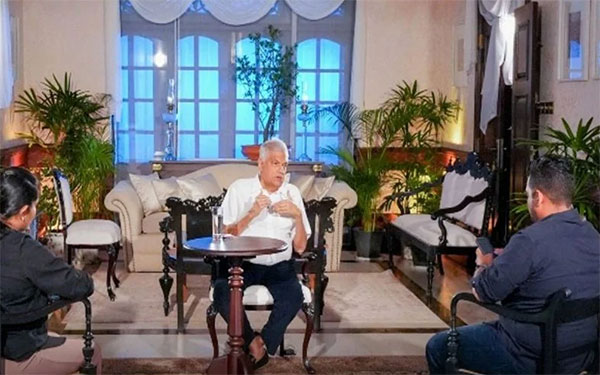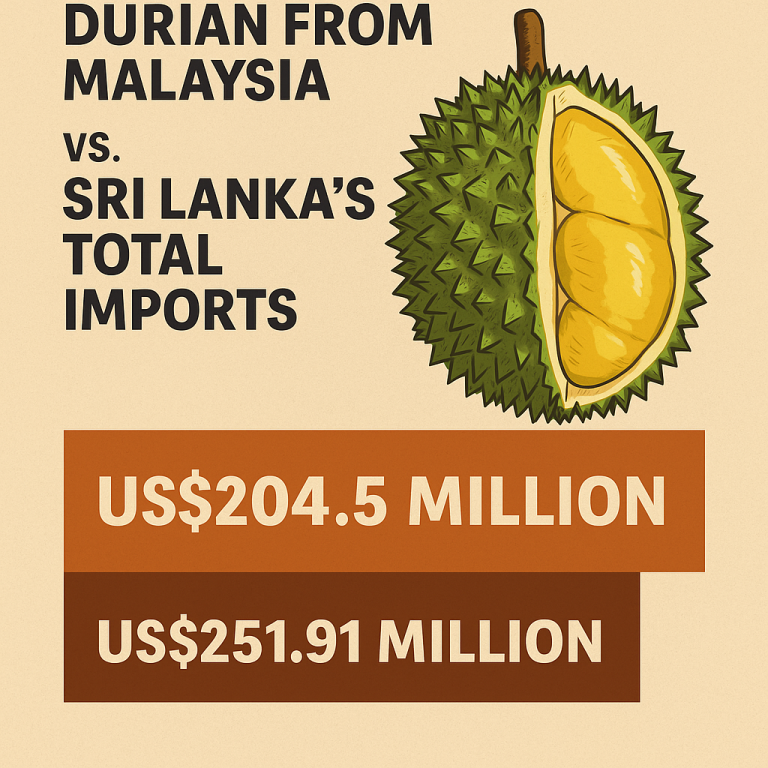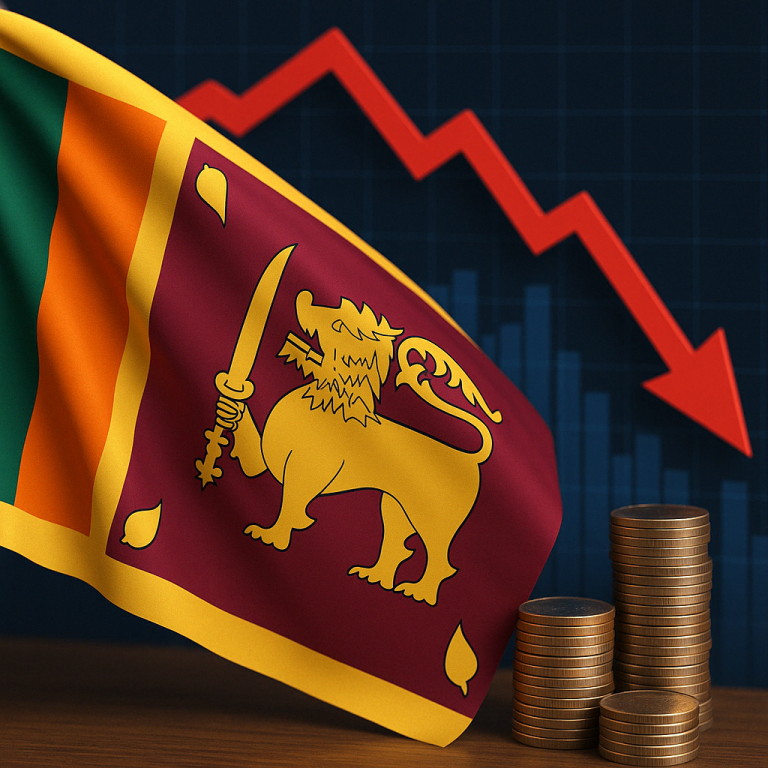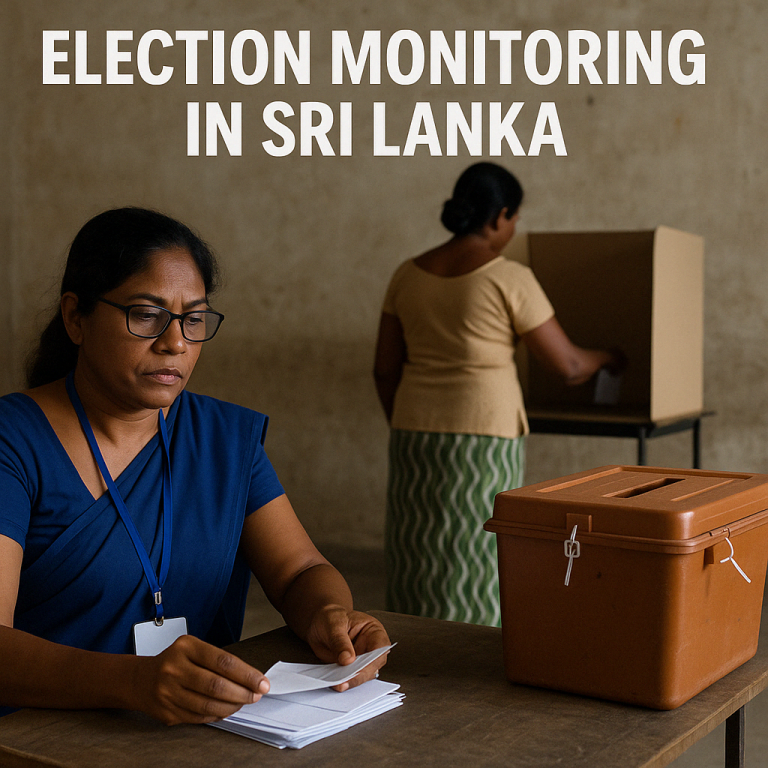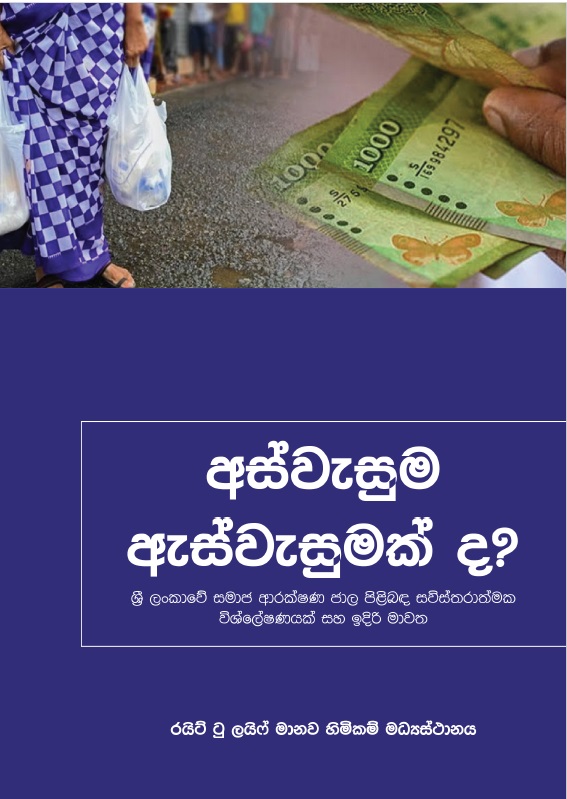President Ranil Wickremesinghe emphasized that even if he successfully resolves the economic crisis that others have failed to address, the country’s economy will collapse again if the necessary economic transformations are interrupted midway.
He urged citizens to carefully consider their future when making decisions in the upcoming presidential election.
The President made these remarks during a recent session of the “Ask Ranil” program, where he responded to questions raised on social media.
He also addressed criticisms, arguing that it is inaccurate to claim that previous leaders have done nothing for the country’s development over the past 75 years. He pointed out that rapid economic growth has been hindered by ideologies like those of the Janatha Vimukthi Peramuna, which advocate for a domestic economy.
The President emphasized that to overcome the economic crisis facing the country, a new approach is needed—one that transcends party differences. He mentioned that a significant number of people support him in this effort, which is why he has decided to run as an independent candidate in the upcoming presidential election.
When asked why he chose the Gas Cylinder as his symbol instead of the Elephant, he responded, “I decided to run as an independent candidate in the upcoming presidential election. There is a strong sentiment today that political parties should be set aside. In line with this, we need to rethink our political approach. As I have worked with various groups, I decided to compete independently. An independent candidate can choose any symbol, and I felt that the Gas Cylinder was the most fitting symbol at this time.”
Question: “There are people who believe you can strengthen the economy, but some are hesitant to vote due to your association with the Rajapaksas and the Sri Lanka Podujana Peramuna (SLPP). What message do you have for them?”
Answer: “Which Rajapaksa are you referring to? There are three candidates named Rajapaksa: Lakshman Namal Rajapaksa, Namal Rajapakshe, and Wijeyadasa Rajapakshe. But none of them are with us. The important question is whether the situation today is better than it was in July 2022? I received the support of the SLPP to lead the government. Without their support, there would have been no fuel or fertilizer. That phase of governance is now complete. We are heading into an election, and they will go their way while I go mine. There are hundreds of thousands of Rajapaksas in Sri Lanka, and some of them might vote for me. However, that party has chosen to contest the presidential election separately, and so will we.”
Question: “Mr. President, despite having resources like the Pulmoddai Mineral Sand Deposit, Trincomalee Harbour, and Hambantota Airport, we have become debtors to the world. Various political parties accuse the rulers of the past 75 years of failing to take proper advantage of these resources.”
Answer: “It’s incorrect to say that nothing has been done in the past 75 years. We built all the hydropower plants, constructed airports, and established the free education system. How can anyone claim that nothing was done? Many believed that relying solely on the domestic economy was sufficient. But we need to be open to the world. We failed to achieve rapid development because parties like Janatha Vimukthi Peramuna insisted on a purely domestic focus. No country has succeeded that way. If you look at successful countries like Singapore and Hong Kong, the need to be outward-looking is clear. Therefore, we need to learn from those countries.”
Question: Mr. President, you introduced laws to prevent various corruption schemes. However, there is a perception among the public that this legal system only catches the small offenders while the bigger ones get away.
Answer: Can you name any small offenders caught through this method? It’s not just small fish but also sharks that are targeted. When we came to power in 2015, several teams were established to address corruption. There was a special division under the President, the Criminal Investigation Department of the police was there, another separate police unit created for this purpose, and the Bribery Commission.
There was also an Anti-Corruption Secretariat established by the Attorney General’s Department. Despite these efforts, legal challenges arose in certain areas, which is why we implemented this new system.
If individuals have earned income illegally, action will be taken against them. It’s also crucial to train the necessary personnel to effectively carry out these tasks.
Question: Artificial Intelligence (AI) is becoming increasingly popular in various fields. What impact do you think Artificial Intelligence will have on future politics and the economy?
Answer: We need to explore how Artificial Intelligence can be integrated into our society and economy. It has the potential to become a global tool, but also an international weapon. Countries around the world are still deliberating on this, and laws are being developed to address the issue. This will be a major topic of discussion in the next decade. Artificial Intelligence has the power to both create and destroy.
Currently, we have not yet established a legal framework that outlines the benefits of Artificial Intelligence and how it can be regulated. It is essential to recognize that this is a highly modern and evolving concept. All of these developments will take time. While I acknowledge the importance of artificial intelligence, it must be accompanied by proper controls.
Question: What are your plans to improve the efficiency of the public service?
Answer: Over the past 10 years, we have implemented several measures to improve public service. Although there is a surplus of staff, simply asking them to leave could lead to significant social unrest, as many lack alternative sources of income. They might end up protesting, similar to what has happened in Bangladesh. Therefore, we need to manage this situation carefully. Employees spend their wages rather than saving them, which contributes to the economy. We must consider how to address this issue while protecting their future.
Our goal is to modernize public service. Many employees at the grassroots level require new programs and training. While the efficiency of public service is often tested during emergencies like floods, it is essential to recognize both its successes and shortcomings.

